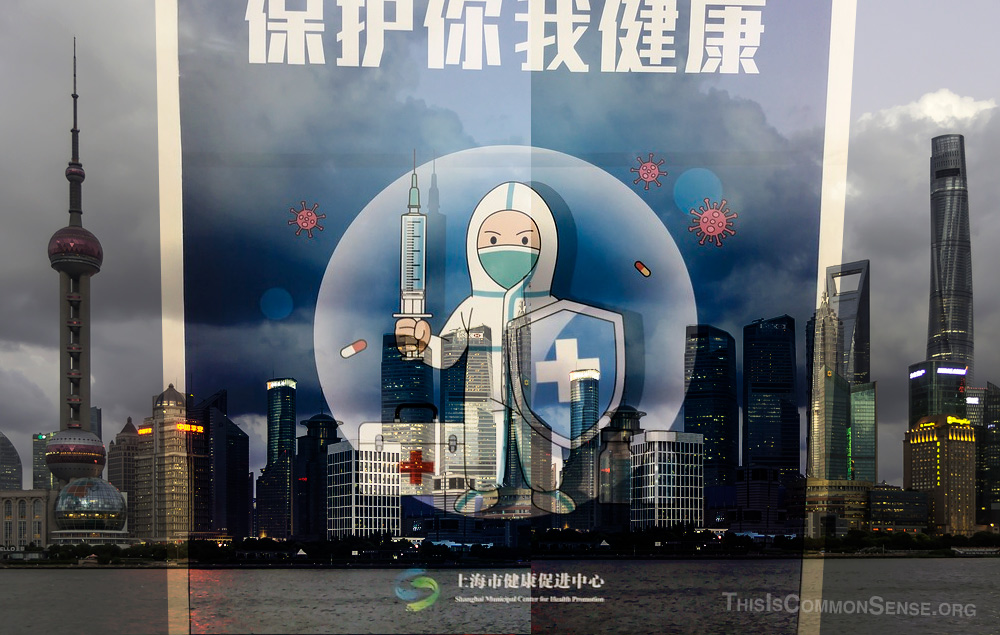For months now, Ratta, a Shanghai-based firm that makes an e-ink writing tablet called the Supernote, has been blocked from shipping its products as usual. Ratta’s shipping warehouse has been locked down to combat the COVID-19 pandemic.
Finally, when the lockdown proved endless, the company was able to move much of its shipping operations in-house and begin fulfilling long-delayed orders.
In Shanghai, life has become almost impossibly difficult. The city’s 26 million residents must resort to sometimes desperate measures to even eat.
Employees permitted to work at a company office are often prohibited from leaving that office. The government fences off apartment buildings when any residents test positive for COVID-19. Similar tyrannical measures are imposed in other Chinese cities.
It’s a classic non-cure-worse-than-disease scenario. The mild but super-infectious omicron version of COVID-19 has eluded all totalitarian expedients. Nevertheless, people are being killed to save them.
Shanghai residents have started to rebel, banging pots and pans from their balconies, pulling down the makeshift barbed-wire fences designed to confine them, taking to the streets to protest, producing songs and videos that go viral despite what National Review calls “the CCP’s watertight censorship.”
Singing China’s national anthem, now being censored, has also become an act of rebellion. It has a line about refusing to be slaves.
Can the protests succeed?
No government, no matter how powerful, is omnipotent. Ultimately, its ability to impose its will depends on the resistance of the people.
This is Common Sense. I’m Paul Jacob.
—
See all recent commentary
(simplified and organized)
